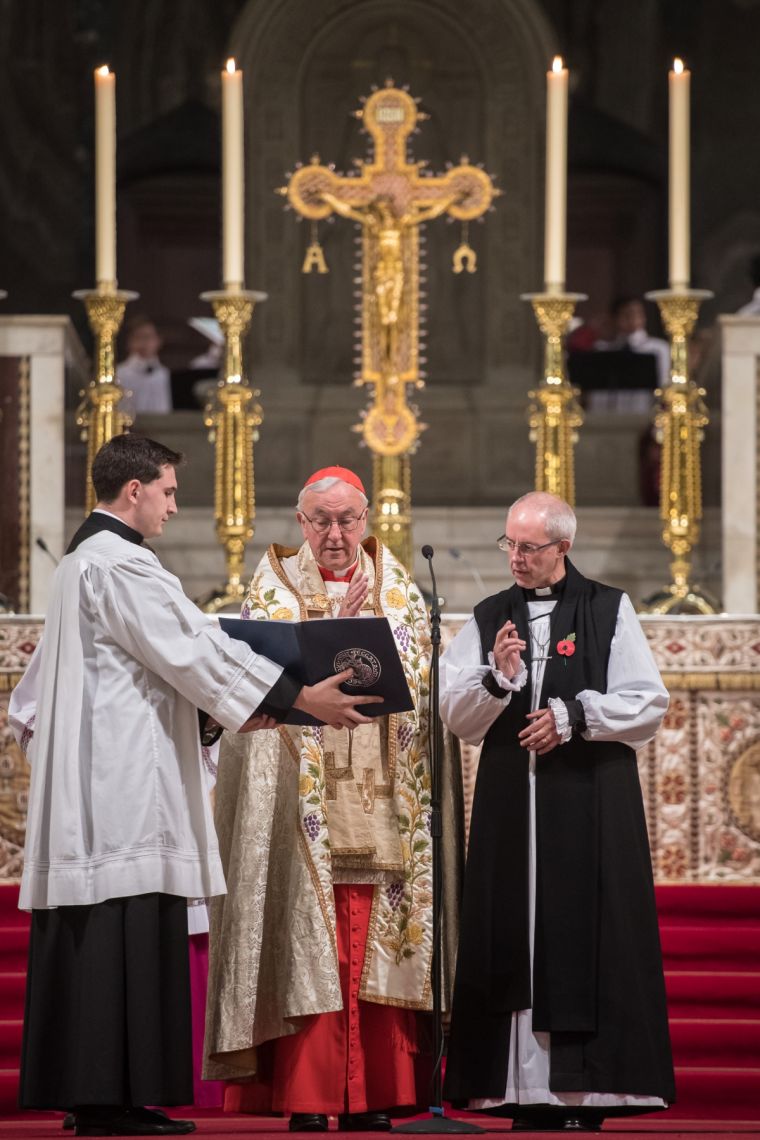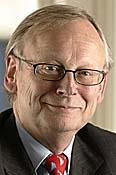Catholic weddings could take place in Church of England buildings
Catholic weddings could take place in Church of England buildings in what would be a radical change to marriage law in the UK.
A bill to be debated in the House of Lords on Friday would allow other denominations to hold their own wedding services in CofE churches, meaning Catholic marriage vows could be heard in parish buildings for the first time since the Reformation.

John Gummer, now Lord Deben, the former Conservative party chairman and environment secretary, converted to Catholicism 1992 after previously being an Anglican and serving on the CofE's ruling General Synod.
He will introduce his Ecumenical Marriage private members bill after finding his daughter could not marry in his local Anglican church in Suffolk because she wanted the Catholic ceremony.
Although the different wedding liturgies between Anglicans, Catholics, Baptists and Methodists are not drastically different – the main difference being that Catholic weddings include a Eucharist – marriage law in the UK is designed around a buildings-based system meaning ceremonies must take place either in a register office, approved premises or in an officially registered place of religious worship. If in a Church of England building, the wedding must be carried out 'according to the rites of the Church of England', according to the 1949 Marriages Act.
Gummer's bill would remove this restriction meaning other denomination's weddings could, if the CofE agreed, take place in Anglican buildings.
'The canon of the Church of England generously allows their churches to be used by other denominations. But that does not include the marriage service,' he told Christian Today.
He said the reason for this was an 'accidental effect' of the 1949 Marriage Act.

It is highly unusual for parliament to introduce laws that affect the Church of England's practice or affairs. The government is unlikely to support the bill with ministers expected to refer to a constitutional convention whereby parliament does not legislate on internal Church matters without the Church's consent
But Gummer argued: 'My bill doesn't force the Church of England to change. It merely allows them to. At the moment parliament stops the Church of England doing this and all my bill does is remove that impediment. It does what parliament would want.
'It gives the Church of England freedom and if the Church doesn't want to do it, it doesn't have to,' he told Christian Today.
However both the Catholic Church and the Church of England oppose the move and the Bishop of Winchester is expected to speak against the bill in Friday's debate.
The CofE said it allows ministers from other denominations to take other services such as funerals and mass and they can help in some parts of the wedding service but an Anglican minister must lead the marriage vows themselves. A spokesman said: 'We see no need for Lord Deben's Bill, and believe that the current arrangements give sufficient pastoral flexibility for weddings which are conducted in Anglican churches and chapels, involving ministers of different denominations.'
However Gummer rubbished the statement and said it simply isn't true. 'One of the problems is that most of the people who answer these questions don't understand the law,' he told Christian Today.
'I don't know know any senior churchman who has studied the matter who doesn't recognise this is different to anything else.'
The Catholic Church also said it viewed the bill as unnecessary.











